Advantages and Disadvantages of VirusA malicious program, script, macro, or piece of code known as a "computer virus" is intended to harm a computer system, steal sensitive data, alter data, send emails, display messages, or perform a combination of these actions. 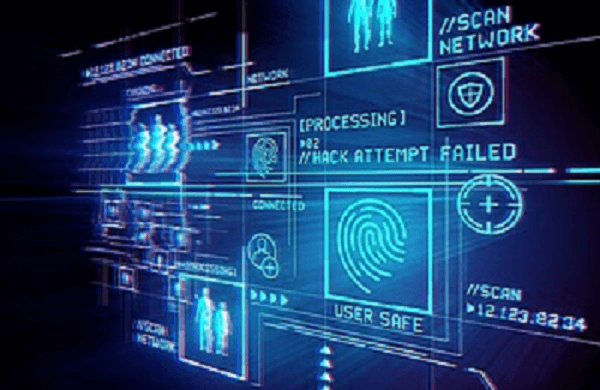
When the virus is executed, it spreads itself inside or on top of data files, software, the hard drive's boot sector, and other writable media. The writers obtain access to a host machine via social engineering, zero-day vulnerabilities, or knowledge of security flaws to propagate the infection. Different types of Virus1. File Virus 
A form of malware known as a "file-infecting virus" targets executable files to destroy or render them useless permanently. A virus that affects files replaces code or adds infected code to executable files. Numerous operating systems, including Macintosh, Windows, and Unix, are susceptible to this virus infection. 2. Boot Sector Virus 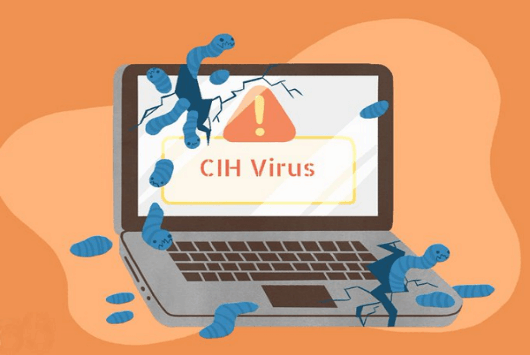
Boot sector viruses are computer programs that can infect a disc's partition table or boot sector. These viruses frequently infect computers when they are started using contaminated floppy discs; the boot attempt does not have to be successful for the virus to infect the computer's hard drive. Boot sector viruses often try to infect every disc accessed on an infected system once a computer has been infected. In most cases, boot sector infections can be eliminated. 3. Macrovirus 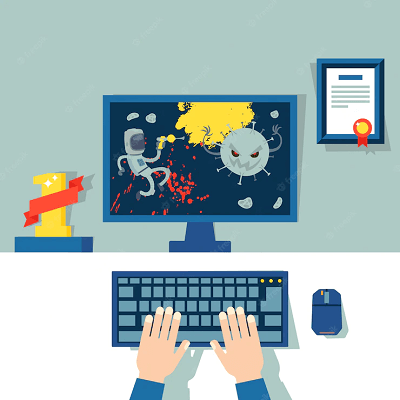
A particular kind of computer virus known as a "macrovirus" was developed using the same macro language used to create the software it infects. Macro viruses can infect any operating system since they target software rather than systems, and they are typically seen in word processors such as Microsoft Word and Excel. 4. Source Code Virus 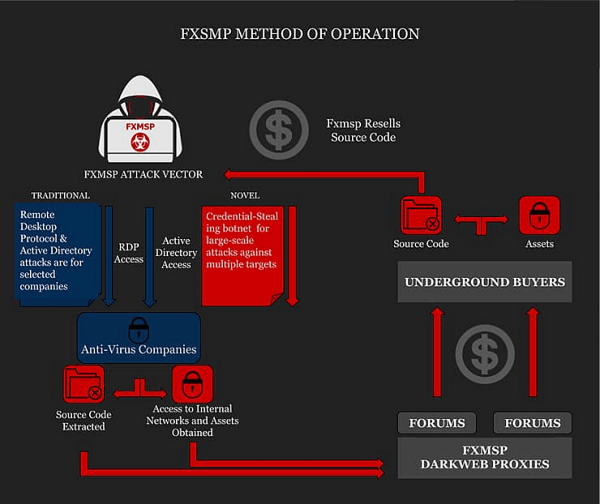
A source code virus is a computer virus that targets source code and attempts to corrupt it. It might disable an application or operating system, take over a machine for a specific use, or cause errors to appear on the system. These kinds of viruses are uncommon, although they exist in the wild. Because their source code is sometimes unintelligible by humans and thus can be challenging to fix, they can occasionally be challenging to combat. 5. Polymorphic Virus 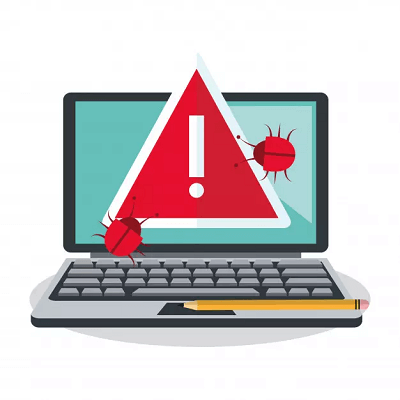
A complex computer infection that impacts several data kinds and operations is called a polymorphic virus. It is a virus that encrypts itself to evade scanners. The polymorphic virus replicates itself after infection by making useable copies of itself that have been slightly altered. In computing, polymorphism refers to the ability of a single definition to be applied to many data sets. Brute-force programs must be created to combat and detect the polymorphic virus with innovative variant configurations for scanners to detect this sort of infection. 6. Encrypted Virus Encrypting viruses is a type of computer virus that can pose serious issues. Computer systems are essential to everyday life across the entire planet. Encrypting viruses are among the most dangerous because, once your device has been infected, they may start encrypting all of the private and important documents and files stored on it, rendering them useless and unreadable, or they may be deleted, resulting in data loss or an automatic factory reset, which may include the deletion of all accounts and all of the important information. Both of these outcomes are considered to be data losses. 7. Stealth Computer Virus A stealth computer virus hides in the background and targets operating system processes while evading standard antivirus or anti-malware scanning. To prevent detection, stealth viruses are skilled at hiding in files, partitions, and boot regions. 8. Tunneling Virus A virus that tries to intercept antivirus software before it can identify dangerous code is known as a tunneling virus. To avoid detection, a tunneling virus first launches itself behind antivirus software and then goes to the operating system's interruption handlers and intercepts them. 9. Resident Virus 
A resident virus is a particular kind of computer infection that lurks in a computer's memory and activates whenever the operating system performs a specific operation to infect files on the computer. To infect files on the computer, a resident virus is a computer virus that embeds itself into the device's memory and activates whenever the operating system carries out a particular task. 10. Multipartite Virus 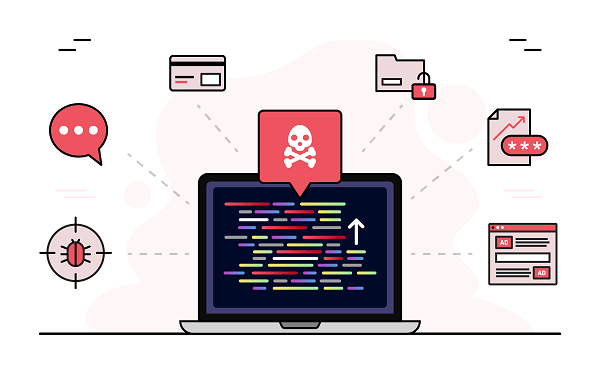
A multipartite virus that spreads quickly targets the boot sector and executable files simultaneously using boot infectors or file infectors. Most viruses damage the system, the boot sector, or the application files. The multipartite virus has the potential to cause more damage than any other virus due to its ability to concurrently infect program files and the boot sector. 11. Browser Hijacker 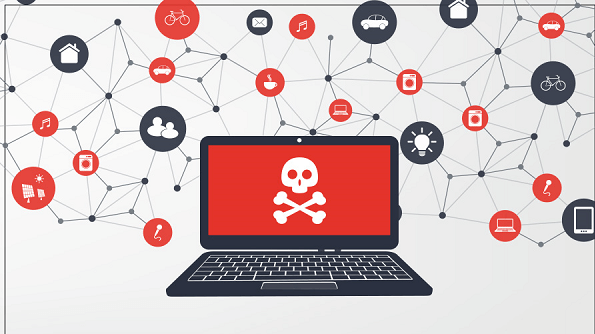
A browser hijacker is defined as "unwanted software that changes a web browser's settings without the user's permission." The end consequence is the introduction of unwanted advertising into the browser and, in certain cases, substituting the hijacker website for the browser's default home page or search engine. To increase the hijacker's advertising revenue, the plan is to force visitors to visit specific websites whether they want to or not. Additionally, spyware that collects banking information and other sensitive data may be included in browser hijackers. Symptoms of Virus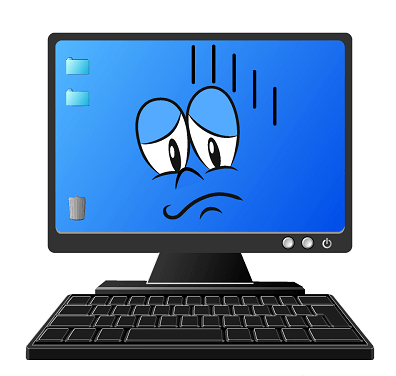
Advantages of Virus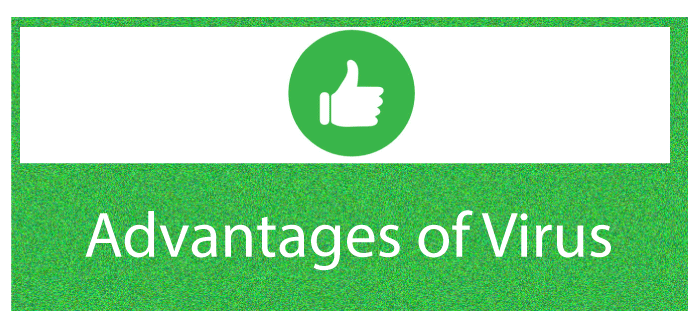
Disadvantages of Virus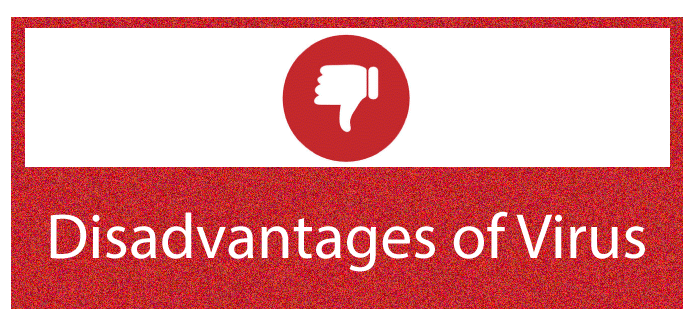
1. Slower Operating Speed Background programs slow down a computer's speed. A decline in performance is unavoidable because viruses are built to operate in the background and carry out several tasks. You may have a virus if it takes a long time for your Mac to start or access apps. 2. Loss of Software Functionality
Ways to Protect Computer Systems from Virus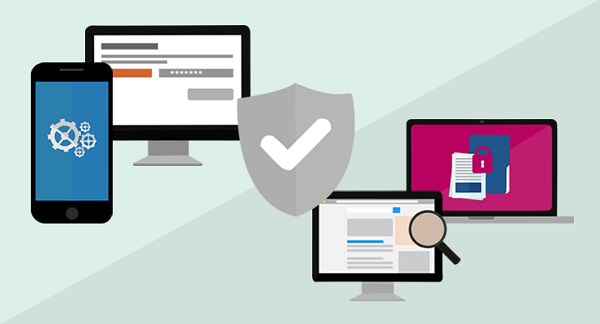
Install an Antivirus ProgramThe best course of action is to have trustworthy antivirus software whether or not you are connected to the Internet. Make sure you are secured as soon as you turn on that computer. Antivirus applications only require a small financial outlay and are completely worth it. Install Anti-spyware and Anti-malware Programs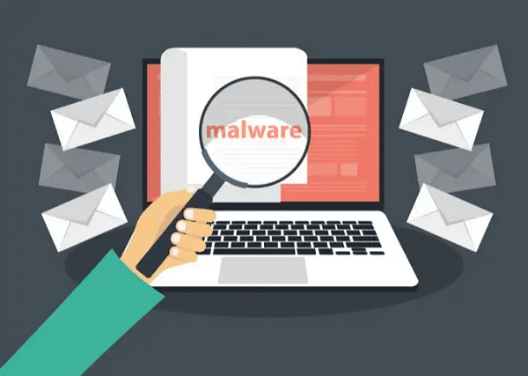
Many of these tools are free and guard against viruses damaging your computer. They must be continuously updated and run, but when utilized properly, they are effective. Avoid Suspicious WebsitesA lot of the time, websites warn you before you enter the one that tries to install or launch a program on your computer, but this is only sometimes the case. Avoid websites like those. Never open email attachments without Screening themEmail is still the most popular method for virus transmission. To avoid infecting your computer with malware, select an email service provider that mandates that all attachments be screened before opening. Too many people open any attachment in their work email inbox without thinking twice because they instinctively believe it is safe. What Is an Antivirus?Although there were computer viruses before that, the idea of antivirus software and platforms emerged in the early 1980s. Computer viruses behave like biological viruses do when they enter the human body, replicate, and obstruct normal bodily function. They are computer programs that duplicate themselves and interfere with the efficient operation of genuine computer programs and files. 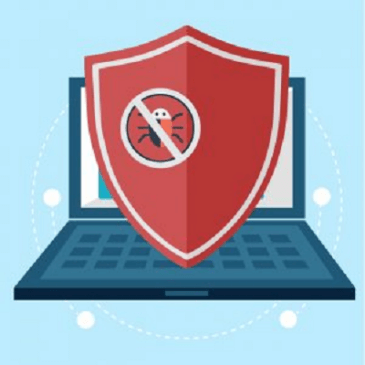
In light of this, a computer antivirus is a software application created to prevent, identify, and eliminate malware. It refers to any computer code that can harm or malfunction the computer system by infecting it. Computer viruses are included under the word malware. Antivirus software is a group of computer applications designed to search for, stop, find, and eliminate viruses from computers and other IT equipment. This comprises the first computer virus and its subsequent development into several forms of malicious software over time. Both proactive and reactive antivirus software is available. Famous Anti-virus SoftwaresBitdefender Antivirus PlusBitdefender is an app for Windows with computer scans, antivirus features, and web protection against phishing and fraud. The commercial edition includes vulnerability scans, multi-layer ransomware protection, and Safepay for banking transactions. A virtual private network (VPN) is also provided with higher-tier services. Pros
Cons
Norton 360 AntivirusNorton Antivirus software guards your computer and prevents viruses, spyware, worms, and Trojan horses from getting in and doing damage. Norton Antivirus constantly scans your computer to keep it safe when you browse websites, download files, and use email. To keep your computer secure, Norton Antivirus receives routine and automated updates. Pros
Cons
McAfee Antivirus PlusA privacy, security, and identity monitoring software called McAfee Security gives your device and your personal information constant, up-to-date protection. On both iOS and Android smartphones, McAfee Security is accessible. Pros
Cons
ConclusionThe world is full of viruses, and new ones are developing daily. Additionally, new antivirus software and methods have been developed. Being aware of viruses and other malware is a good thing, and protecting your surroundings from them is less expensive than having to make amends. If your computer starts performing strangely, it may have a virus. If the computer infection is discovered, there is no need to panic. When using the Internet to browse and download data, it is wise to be wary of malware. Some files that seem intriguing could be hiding viruses. A computer virus is a program that may replicate itself and propagate throughout the system. While most viruses are harmless, a few can unexpectedly affect data files. |
 For Videos Join Our Youtube Channel: Join Now
For Videos Join Our Youtube Channel: Join Now
Feedback
- Send your Feedback to [email protected]
Help Others, Please Share










